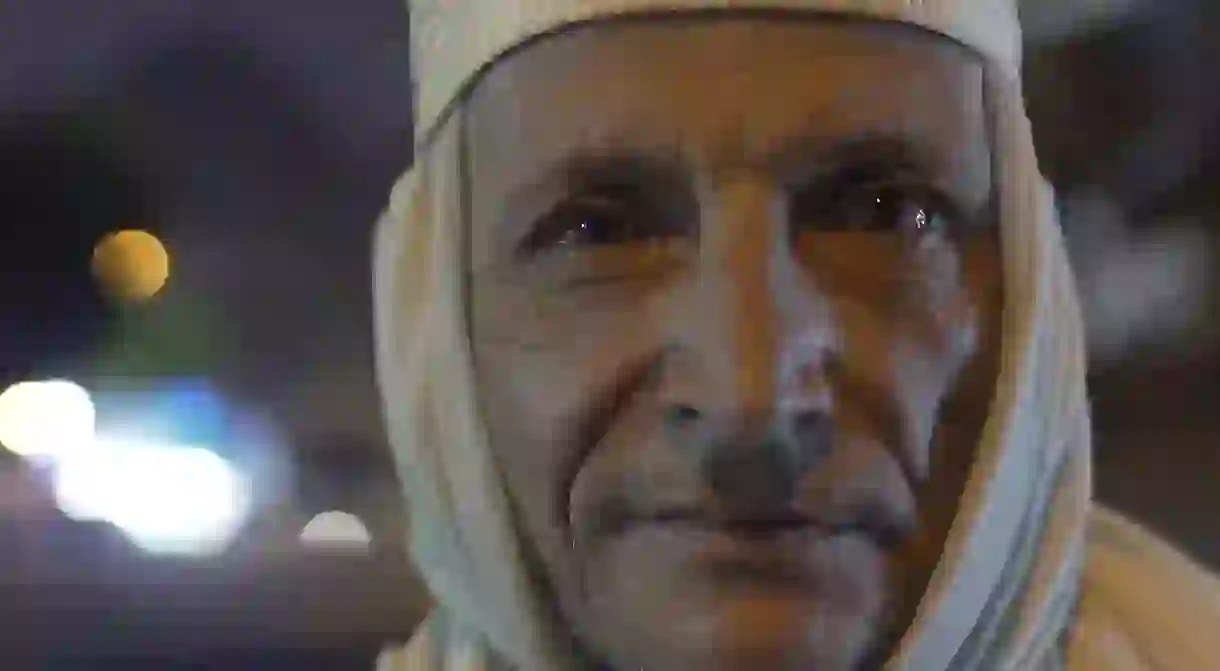Can Ramadan's Night Caller Tradition Survive?

It is predawn in Cairo. One man walks the streets of his neighbourhood, banging a drum and calling into the darkness.
Dressed in traditional garments, the mesaharati (night caller) travels through the city, waking people for their suhoor meal before the beginning of a day-long fast. Throughout the holy month of Ramadan, Mohammad will chant the same traditional religious phrases every day before morning prayers.
We come and praise you
in the month of Ramadan,
may Allah bless your children
in the nights of Ramadan
Mohammad has been a suhoor caller since 1975. Especially popular with the local kids – as most mesaharatis are – he is rewarded for his kindness through donations at the end of the holy month. Several drummers like Mohammad have been trying to keep this ancient practice alive, but following the invention of alarm clocks, mobile phones and TVs, people have become far less reliant on the mesaharatis’ wake-up calls. The practice has also dwindled overtime with the increase of urbanisation, and these days is largely seen in the most orthodox districts of the city.
Although the practice of night calling now takes place in several Arab countries, including Jordan, Lebanon, and Syria, many believe that it originated in Egypt’s capital city, where Mohammad continues the tradition today. While the wake-up call’s popularity may have faded, Mohammad and his fellow mesaharatis don’t plan on stopping any time soon, as their work brings neighbourhoods together during one of the most important months in the Islamic calendar.













